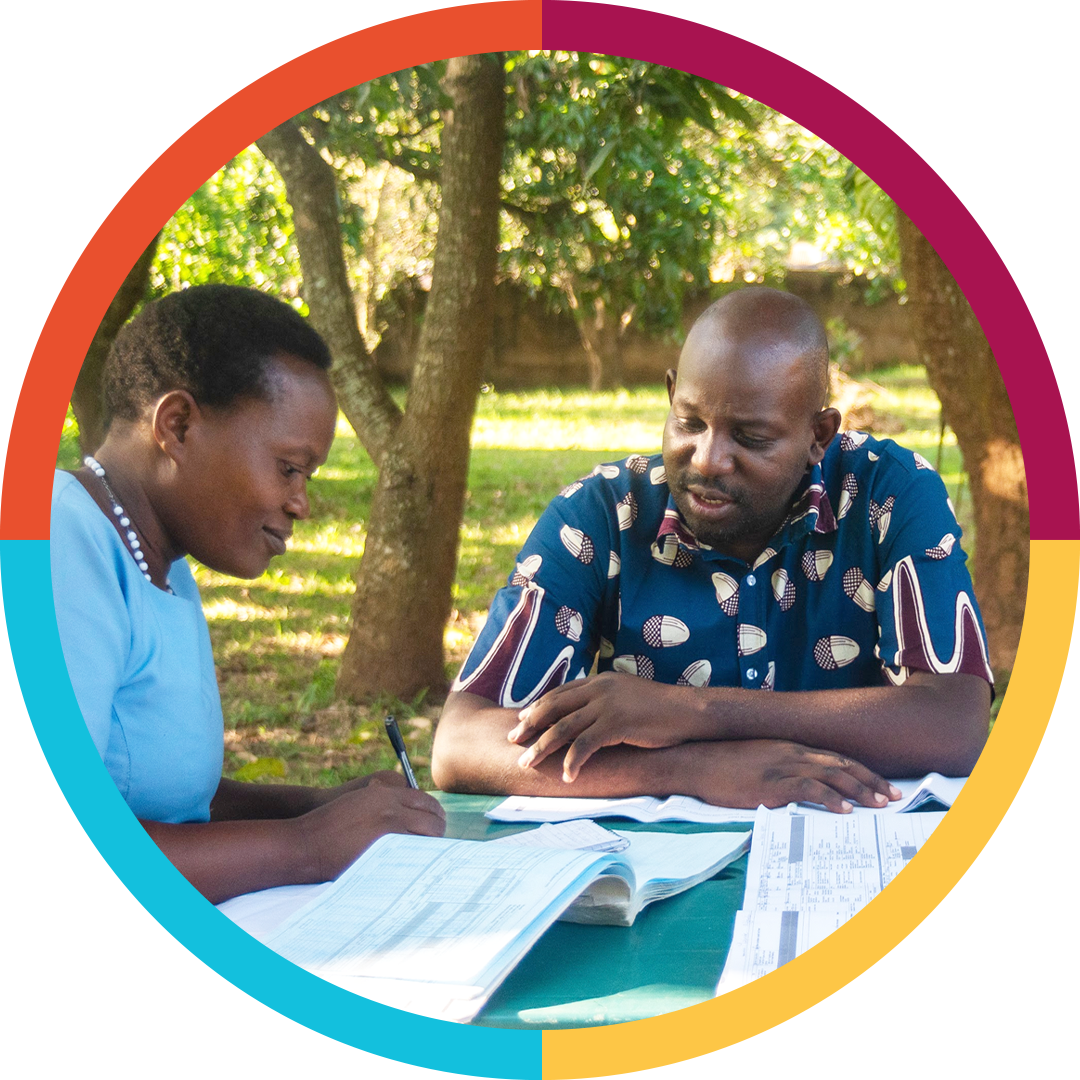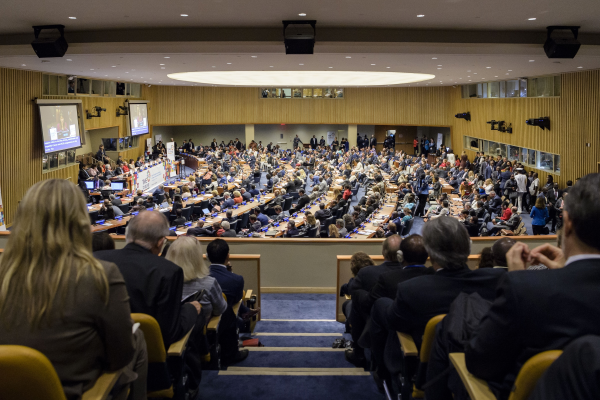Monday, August 25, 2025 (New York, U.S.; Geneva, Switzerland).- The Political Declaration of the fourth High-Level Meeting on Noncommunicable Diseases and Mental Health (HLM4) will be adopted on 25 September. The NCD community is raising alarm over a weak draft that could reverse hard-won progress in the NCD response. Join us in making our message to policy makers loud and clear: we demand leadership and bold action, now!
The current draft is backsliding on established commitments and appears to favor the interests of health-harming industries over public health. Crucial language on cost-effective prevention policies has been significantly weakened.
At a time when mobilising domestic resources is critical, the draft declaration misses a key opportunity to reinforce language on health taxes—policies that can both save lives and raise revenue.
The mandate for the HLM4 was clear: a concise, action-oriented Declaration that builds on previous commitments and drives political will through measurable global targets and commitments. The current draft falls short of this mandate.
Civil society is mentioned just once in the draft, and the role of people living with NCDs receives merely token recognition. At this critical juncture, civil society and people living with NCDs worldwide are speaking with one voice: it's time for leadership, funding and accountability.
While the current draft represents a setback for certain NCD prevention and control policies, there are also some positives, such as the inclusion of global tracer targets to help drive accountability and measure progress toward 2030.
Backed by more than 3 million voices from over 115 countries, global health advocates are calling on governments to invest in cost-effective solutions, deliver on their commitments, and put people first. The Time to Lead campaign elevates civil society voices in the lead-up to the HLM4, demanding bold leadership from governments and action to tackle the world's biggest killers.
Every year, 43 million people die from NCDs. These deseases—which include heart disease, cancer, diabetes, chronic respiratory conditions, and mental health—account for over 75% of deaths worldwide. Despite their prevalence, NCDs are the most underfunded global health issue relative to the billions of people impacted.
NCDs affect everyone, everywhere, but they disproportionately impact people living in low- and middle- income countries (LMICs), where access to care is limited. Among people in LMICs, NCDs and injuries kill more people under 40 than HIV, TB and maternal deaths combined.
Use the power of social media to call on your community, key stakeholder organisations and governments to #ActOnNCDs. Let them know that now is the time to #LeadOnNCDs. See our ready-made messages here.




